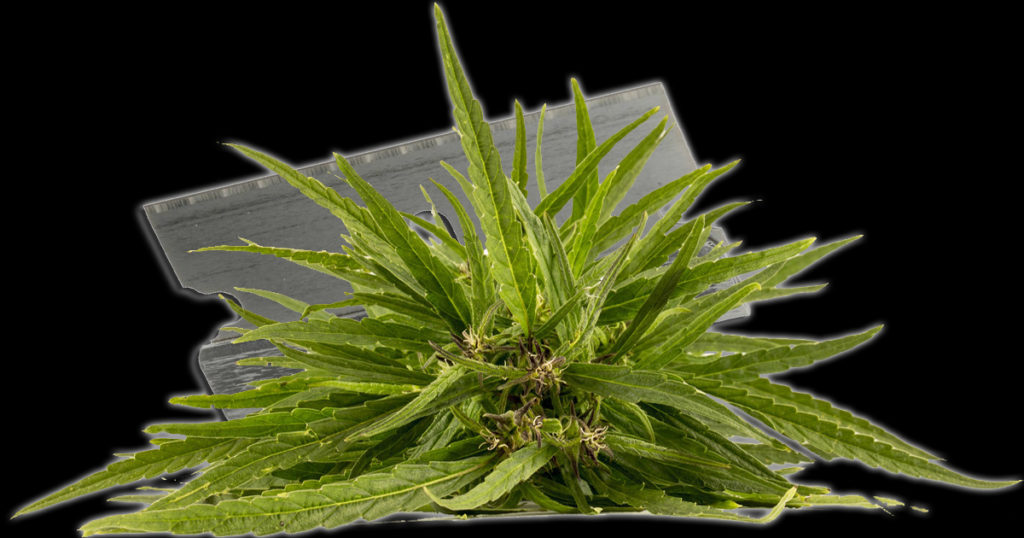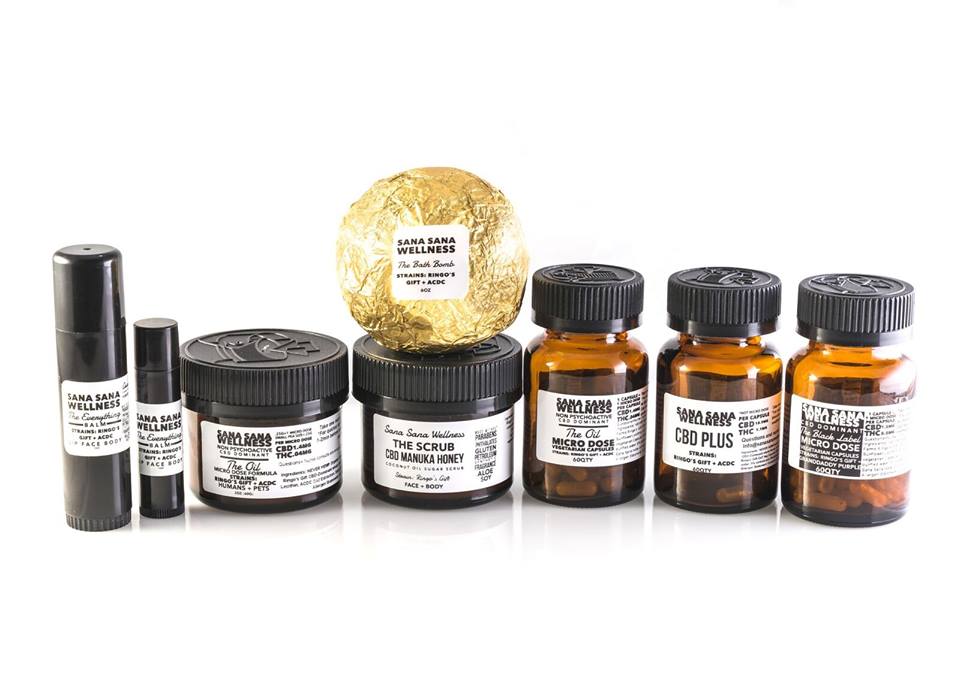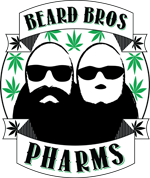
The California Senate Committee on Health will meet tomorrow, Wednesday June 12th, to consider Assembly Bill 228 regarding the regulation of commercially grown hemp and its byproducts being used as “adulterants” in everyday items like cosmetics, food, and drinks. So far, the bill has enjoyed unanimous support in four prior votes including a 77-0 passage in the State Assembly back on May 22nd.
The bill is fairly simple to digest, but for some reason it seems like many people have missed the potential razor hidden in plain sight.
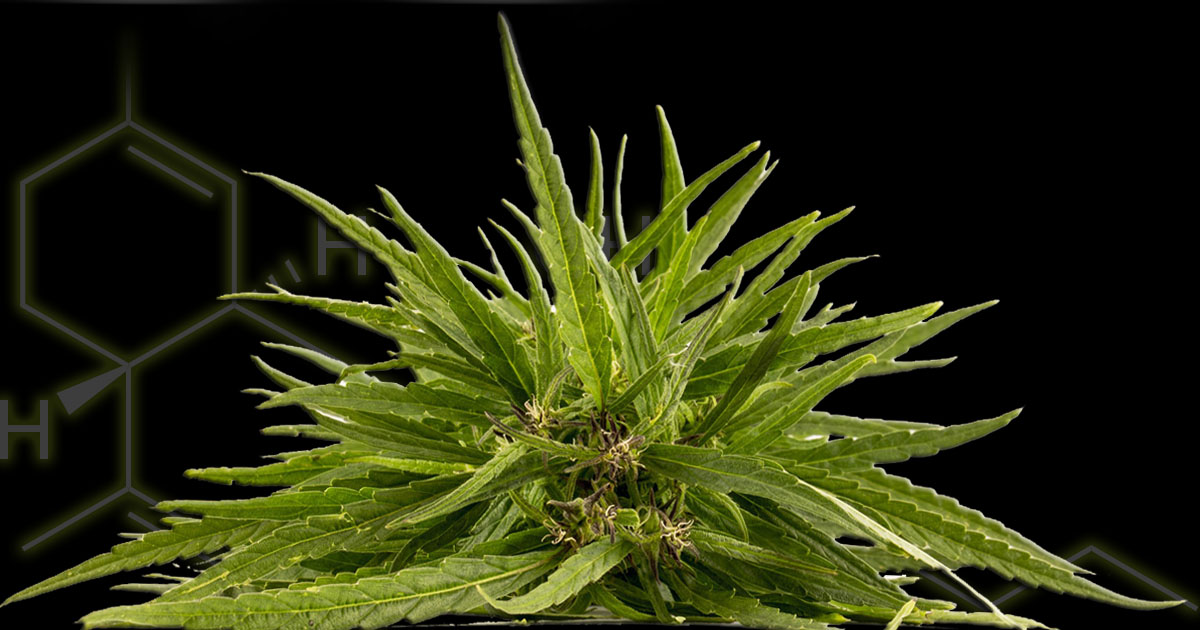
Even though CBD will not get you high, demand for CBD products has never been higher. While the federal government slowly attempts to wrap its head around the non-intoxicating CBD compound, it appears that California lawmakers are blazing full speed ahead with what may prove in hindsight to be a bit of reckless abandon as they try to catch up to a capitalist economy that already has these products on store shelves statewide.
At its core, AB 228 aims to add these two key provisions into state law:
110611. A food or beverage is not adulterated by the inclusion of industrial hemp products, including cannabidiol derived from industrial hemp. The sale of food or beverages that include industrial hemp products or cannabidiol derived from industrial hemp shall not be restricted or prohibited based solely on the inclusion of industrial hemp products or cannabidiol derived from industrial hemp.
111691. A cosmetic is not adulterated because of the fact that it includes industrial hemp products, including cannabidiol derived from industrial hemp. The sale of cosmetics that include industrial hemp products or cannabidiol derived from industrial hemp shall not be restricted or prohibited based solely on the inclusion of industrial hemp products or cannabidiol derived from industrial hemp.
This will open the state’s borders for hemp-derived CBD products to flood the California market. The newfound legality will further saturate store shelves with virtually unregulated hemp CBD products that were not grown or manufactured in California. The kicker in AB 228 is, it won’t just be your local health food store stocking up on these fly-by-night brands and products, but your local, licensed cannabis dispensary might be able to as well.
HERE COME THE LOOPHOLES
As it is currently written, the Adult Use Marijuana Act/Prop 64 does not allow retail dispensaries licensed by the state to stock or sell any hemp-derived cannabinoid-containing products. In other words, if you find CBD products in a state-sanctioned pot shop, that CBD was extracted from actual Cali-grown cannabidiol-rich cannabis as opposed to commercially grown hemp from whoknowswhere.
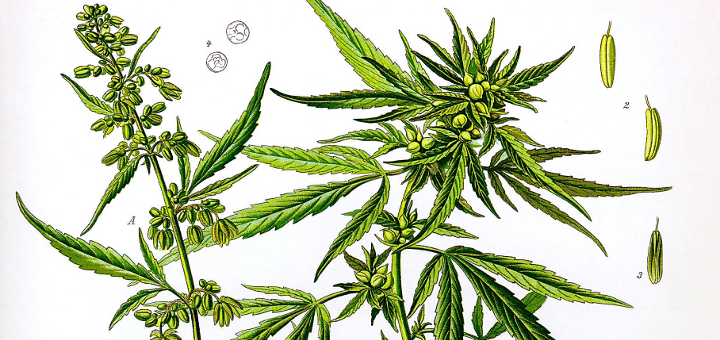
The politically correct difference between “hemp” and “cannabis” these days is a minuscule matter of THC content, but let’s face it, you’d probably know the difference just looking at the two plants if you’ve been around weed for any amount of time at all.
In 2017, cannabis-derived CBD products accounted for roughly 5% of all sales in California dispensaries. That number more than doubled last year to 11% as the California market became more established and as demand for CBD continued to grow.
By the time a retail consumer pulls that product from a dispensary shelf, it has undergone one of the most strenuous vetting processes that you’ll find anywhere in the American economy. The incredibly rough licensing process just to become anything from a cultivator, to a manufacturer, to a distributor, or a retailer in the California cannabis industry is a steep hill to climb for anyone, with immaculate facilities and impeccable Standard Operating Procedures being mandatory entry passes into a cutthroat market straining under the weight of its own taxes and overregulation.
But even on top of those burdens comes the unforgiving level of lab testing that all cannabis products must now undergo which can be costly for operators but provide a necessary check and balance on a new industry with dollar signs in its eyes.
When a consumer visits a licensed cannabis dispensary and purchases a CBD product, they can rest assured that the plant was grown in California and everything from planting the seed to extracting the oil took place within the regulated and rigorously lab-tested guidelines of Prop 64.
The exact opposite is the case when it comes to the vast majority of convenient store and health food store CBD brands – no regulation, no clue of the source of the materials within the product, and in too many cases so sign of any sort of reputable third party lab test results to be found.
CALI GETS ON TRACK
When licensees in the California cannabis industry receive their annual licenses, they are mandated to begin running their operation through a digital hive track and trace program called METRC. The idea behind METRC or any such software is to follow every plant from seed to sale essentially for two reasons:
-
To ensure that all product moving through licensed retail dispensaries was produced by licensed cultivators, manufacturers, etc. / To prevent diversion either out of state or to the black market by ensuring that all product being produced by licensed cultivators, manufacturers, etc. lands in licensed retail outlets within California
-
To make sure that the state gets its financial cut of every single spec of kief
We have personally spoken to techs at some of the most highly accredited labs here in California and they have admitted to us that CBD isolate derived from a “hemp” plant and CBD isolate derived from a “cannabis” plant would be virtually indecipherable from one another. The only check and balance in that scenario is a track and trace system like METRC so that products have an easy to follow paper trail leading from the lab back to the seed.
It was only very recently that licensees were forced to actually implement METRC into their operations, and thousands of licensees at all stops of the supply chain still have yet to do so as they anxiously await their Annuals from the state.
So for roughly two years and counting, less-than-moral manufacturers may very well have been placing hemp-derived product on cannabis dispensary shelves knowing that getting busted doing so has been next to impossible.
Commercially farmed hemp biomass can be had as low as $40/lb.
Legally cultivated CBD-rich cannabis demands anywhere from $400/lb to 3-4x that much.
If profit margin is your only motivator, that makes for easy math.
Still, we personally know actual cannabis farmers with effective CBD cuts in their stable and we know legit manufacturers using that craft cannabis to create true healing products and like so many others, they are all struggling just to stay afloat in California’s hamstrung industry.
If hemp-derived CBD products are allowed into the already-limited regulated cannabis dispensary market in Cali it could put even more legacy operators right out of business, taking their healing products with them.
Just when the burdensome METRC has the opportunity to close the loop on Cali’s crazy cannabis industry, AB 228 threatens to blow it wide open once again.
CANNABINOIDS vs INGREDIENTS
AB 228 will essentially re-classify the CBD compound as a food additive at the state level. This will put California squarely at odds with current FDA policy but that’s a whole other story. But if this is allowed to occur, CBD becomes a basic ingredient and every drink, edible, tincture, suppository, or topical balm in the supposedly-regulated market may be allowed to contain that ingredient, regardless of its source.
The language that raised the red flag for us is as follows (emphasis ours):
This bill would state that an entity that is licensed to engage in commercial cannabis activity pursuant to MAUCRSA is not prohibited from… manufacturing, distributing, or selling products that contain industrial hemp or cannabinoids, extracts, or derivatives from industrial hemp grown in compliance with the registration requirements for growers.
Suddenly, everyone from garage chemists to multibillion dollar corporations could have backdoor access to Cali’s soon-to-boom cannabis market, bypassing all those pesky fees, regulations, and labs.
Taking the lead from the 2018 Federal Farm Bill which removed “hemp” from the Controlled Substances Act by reclassifying it as any cannabis plant containing less than 0.3% THC, AB 228 in California also sets a limit of 0.3% THC on allowable hemp/CBD inclusion, but it specifies it as 0.3% of delta-9 THC.
What about the rest of the spectrum? AB 228 says nothing of delta-8 THC, for example, or THCA which converts to psychoactive delta-9 THC once it is decarboxylated or can naturally make that conversion on its own over time. AB 228 will require that a “random sample of industrial hemp” be tested to ensure that it does not exceed 0.3% delta-9 THC. What about once that sample and the rest of the batch go through a manufacturing process that could very well include the heat required for full decarboxylation (ie. baking/cooking)? Even having product sit in storage, in transit, or on a store shelf long enough could induce the natural conversion of otherwise unnoticeable cannabinoids into an intoxicating amount of THC that could lead to a bad experience or even a failed drug test for the unsuspecting consumer.
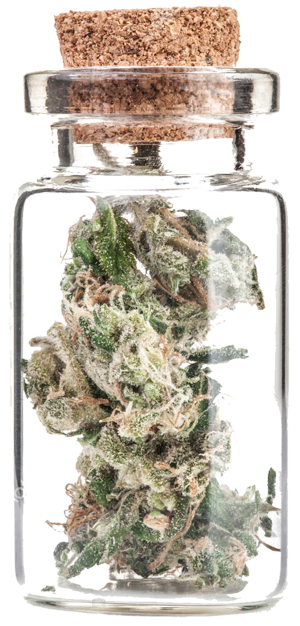
At the very least, all of these products need to be tested at the end of the supply chain, not the beginning, just like cannabis and its associated products are.
Not only will this give a true reading of the actual cannabinoid content in the product, but it will also ensure that the start material (ie. the oil extracted from the hemp) was not loaded with toxins like heavy metals, molds, or pesticides.
Additionally, it is our opinion that no product should be allowed into the regulated cannabis market unless the company behind it has undergone the exact processes as everyone else has to participate in the industry, just as their products should be held to the same scrutiny as cannabis is. No shortcuts, no loopholes.
Honestly, if they want to sell cross-regulated hemp in our licensed dispensaries, we feel that we should be able to sell cannabis-derived CBD products in Whole Foods and 7-11. That is the only way to begin to re-level the playing field if AB 228 tilts it the way we are afraid it might.
We are all about safe access for all, especially when it comes to the medicinal use of cannabis or hemp. Lower priced hemp products are not inherently bad, and those that are farmed and produced ethically need to have a place in the market but this feels like a deadly blow to the already niche market of CBD-rich cannabis production in California and that is scary.
If you feel the way we do, you can still make your voice heard. Here is a list of all of the California state senators who sit on the Committee for Health that will vote on AB 228 tomorrow:
Senator Richard Pan (Chair)
Senator Jeff Stone (Vice Chair)
Senator Maria Elena Durazo
Senator Shannon Grove
Senator Melissa Hurtado
Senator Connie M. Leyva
Senator Holly J. Mitchell
Senator Bill Monning
Senator Susan Rubio
Call or email them today and make your voice heard. This bill enjoys very strong public support from within the cannabis community as, on the surface, it feels like progress. But we felt that we needed to call attention to the underlying language and what it could mean for dedicated CBD producers. The powers that be continue to try to pry us further and further away from the plant that started it all – don’t let go!
Keep updated on all the latest news and updates in the Cannabis industry here at Beard Bros Pharms by signing for our Friday Sesh Newsletter here. Always Dank and Never Spam!



